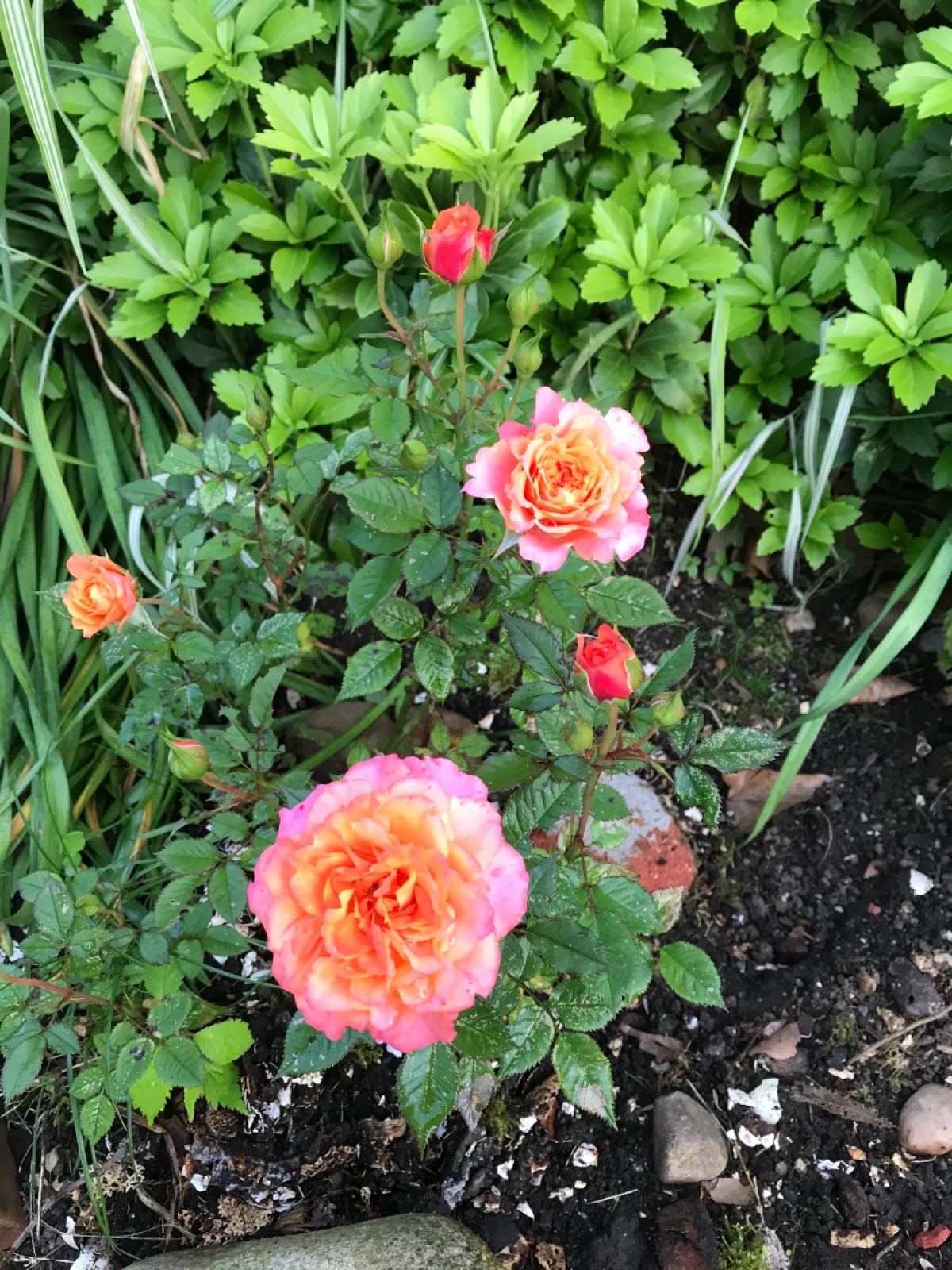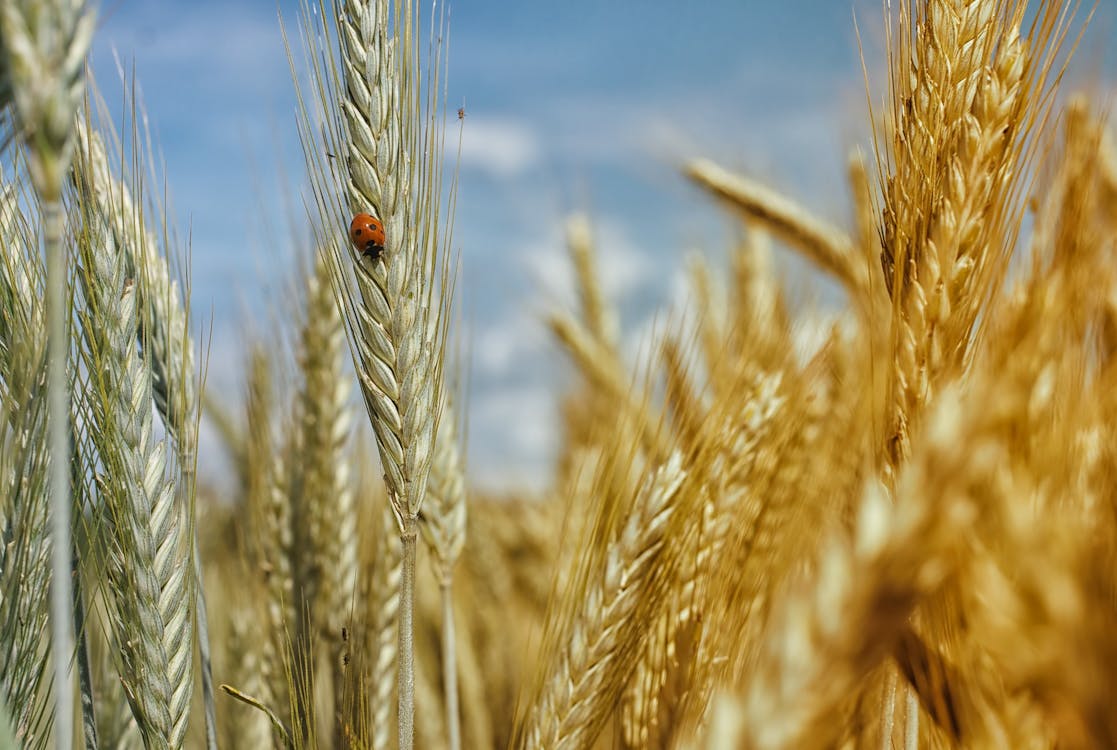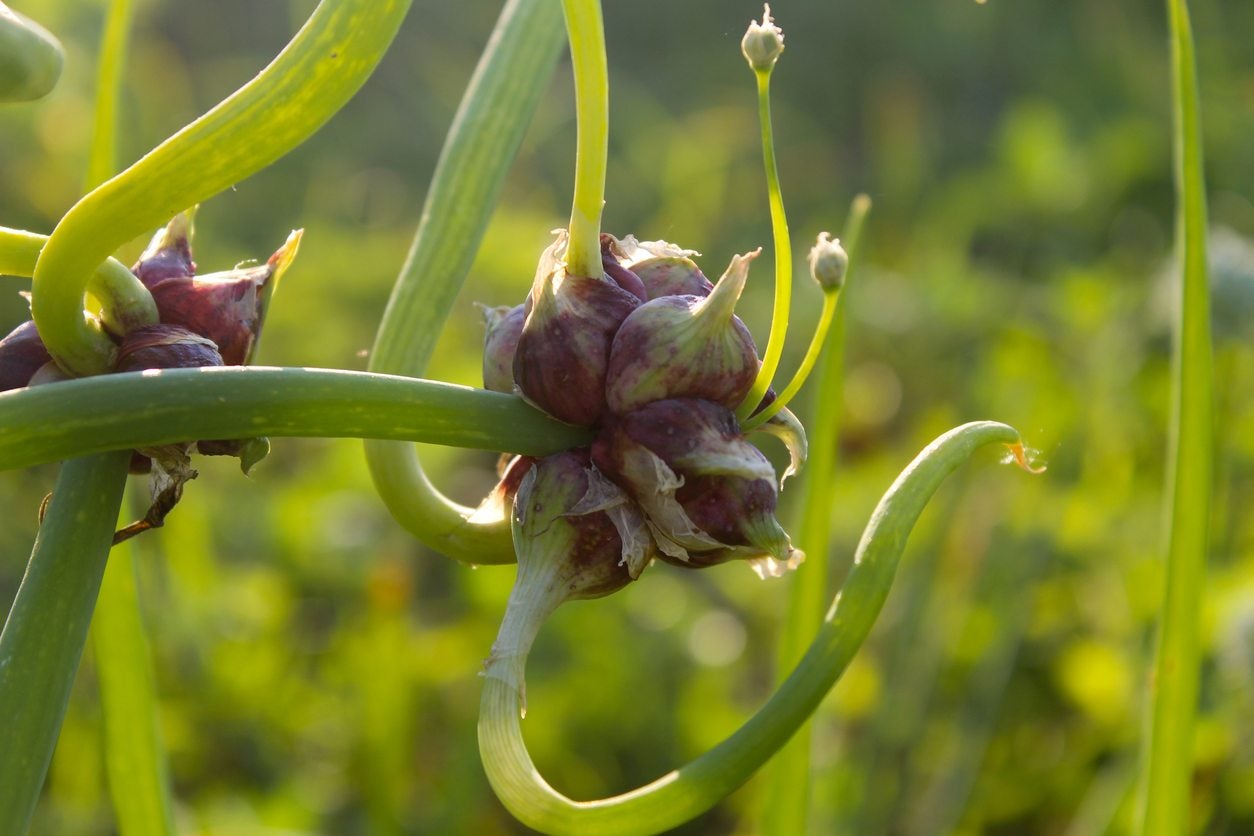Your Whey plant images are available in this site. Whey plant are a topic that is being searched for and liked by netizens today. You can Get the Whey plant files here. Find and Download all free photos and vectors.
If you’re searching for whey plant images information connected with to the whey plant keyword, you have visit the ideal blog. Our site frequently provides you with hints for refferencing the highest quality video and picture content, please kindly search and locate more informative video content and graphics that fit your interests.
Whey Plant. Some plant proteins or blends may be incomplete, depending on their mix of vegetable based proteins. Plant based protein vs whey protein. Whey and plant protein are equally effective for weight gain, muscle building, and general weight management! It is a byproduct of the manufacturing of cheese or casein and has several commercial uses.
 Whey Protein vs. Plant Protein Nature�s Breakthrough From naturesbreakthrough.com
Whey Protein vs. Plant Protein Nature�s Breakthrough From naturesbreakthrough.com
However, each protein powder has a different nutrient profile and composition that may align better with your lifestyle. They both provide a high amount of protein in each serving and a good dose of essential amino acids to assist with muscle protein synthesis and bulking up. Both whey and plant protein are equally good for weight gain, muscle growth, and overall weight maintenance! However, supplementing with larger doses of plant proteins (40. Each type of protein powder offers a dependable source of protein. Adding protein powder into your meals and drinks is an excellent way to make your meals more calorie dense and help stop unintended weight loss.
Whey is the watery part of milk that remains after the formation of curds.
Whey protein has a higher leucine content than plant protein. Plants will still need regular water, but watering with whey is a good supplement to fertilizers and it can improve soil conditions for plants that prefer a low ph. If you do a quick internet search for “protein powder,” you’ll quickly discover there are tons of different types of protein powder on the market. When whey is processed and filtered to remove most or all of the fat and carbs, what remains is whey protein. Each protein has its own benefits. Whey is a byproduct of milk, which technically makes it an animal product.
 Source: hsnstore.eu
Source: hsnstore.eu
Whey and plant protein are equally effective for weight gain, muscle building, and general weight management! Each protein has its own benefits. Plant protein powders made from peas have been found most comparable to whey and to have similar results for calisthenics athletes (perhaps due to the. Soluble protein, lactose, vitamins and minerals. Some plant proteins or blends may be incomplete, depending on their mix of vegetable based proteins.
 Source: thegoodinside.com
Source: thegoodinside.com
It is a byproduct of the manufacturing of cheese or casein and has several commercial uses. The benefits of whey protein and plant protein both whey protein and plant protein powder are effective at supporting muscle growth, improving strength, and promoting a healthy weight. Whey contains 6 to 7 percent milk solids, as well as several nutrients needed for plant growth. It is a byproduct of the manufacturing of cheese or casein and has several commercial uses. Whey protein is a type of animal protein derived from cow’s milk.
 Source: pinterest.com
Source: pinterest.com
It is a byproduct of the manufacturing of cheese or casein and has several commercial uses. Whey is the watery part of milk that remains after the formation of curds. Normally plant protein is lower in calories than whey. Each protein has its own benefits. Whey protein is made up of milk proteins found in whey.
 Source: youtube.com
Source: youtube.com
Plant based protein powders are made from peas, beans, soy and other plant based foods. If you do a quick internet search for “protein powder,” you’ll quickly discover there are tons of different types of protein powder on the market. This means that whey is more easily digested and absorbed into the bloodstream, which may increase muscle gains. Sweet whey is a byproduct resulting from the manufacture of rennet types of hard cheese, like cheddar or swiss cheese. Whey protein is made up of milk proteins found in whey.
 Source: thriftyfun.com
Source: thriftyfun.com
Whey contains 6 to 7 percent milk solids, as well as several nutrients needed for plant growth. Whey and plant protein are equally effective for weight gain, muscle building, and general weight management! However, they are only a fraction of the solids content of whey and are not easily removed from whey. Plant based protein vs whey protein. Some plant proteins or blends may be incomplete, depending on their mix of vegetable based proteins.
Source: slant.co
However, each protein powder has a different nutrient profile and composition that may align better with your lifestyle. The composition of whey depends upon the type of cheese produced. Whey and plant protein are equally effective for weight gain, muscle building, and general weight management! However, when watering your plants with whey, moderation is key. Whey and plant proteins are both complete proteins, meaning they contain all the essential amino acids in the same ratio we need to survive.
 Source: worrkout.com
Source: worrkout.com
Soluble protein, lactose, vitamins and minerals. Casein protein is digested and absorbed more slowly compared to whey protein. While whey protein comes from milk, plant protein comes from grains and other plants like beans. In its original liquid state, whey is a mixture of mostly water with some protein, fat, carbohydrates (predominantly lactose). They both provide a high amount of protein in each serving and a good dose of essential amino acids to assist with muscle protein synthesis and bulking up.
 Source: chooseplantsnotpills.com
Source: chooseplantsnotpills.com
Soluble protein, lactose, vitamins and minerals. When whey is processed and filtered to remove most or all of the fat and carbs, what remains is whey protein. Whey protein is made up of milk proteins found in whey. However, they are only a fraction of the solids content of whey and are not easily removed from whey. Casein protein is digested and absorbed more slowly compared to whey protein.
 Source: pinterest.com
Source: pinterest.com
Each protein has its own benefits. Whey contains nitrogen, phosphorus, potassium, magnesium and other minerals that are essential to plant growth. Let’s discuss the benefits of each. Whey is the watery part of milk that remains after the formation of curds. Whey and plant protein are equally effective for weight gain, muscle building, and general weight management!
 Source: goveganmuscle.com
Source: goveganmuscle.com
Both whey and plant protein are equally good for weight gain, muscle growth, and overall weight maintenance! If you do a quick internet search for “protein powder,” you’ll quickly discover there are tons of different types of protein powder on the market. Small amounts of whey will fertilize your plants. The benefits of whey protein and plant protein both whey protein and plant protein powder are effective at supporting muscle growth, improving strength, and promoting a healthy weight. It is a byproduct of the manufacturing of cheese or casein and has several commercial uses.
 Source: pipingrock.com
Source: pipingrock.com
Normally plant protein is lower in calories than whey. They both provide a high amount of protein in each serving and a good dose of essential amino acids to assist with muscle protein synthesis and bulking up. Plant protein powders made from peas have been found most comparable to whey and to have similar results for calisthenics athletes (perhaps due to the. Whey protein is always complete; Generally plant amino acid profiles are incomplete and notoriously low in leucine, an important amino acid.
 Source: kingnutrition.ie
Source: kingnutrition.ie
Sweet whey is a byproduct resulting from the manufacture of rennet types of hard cheese, like cheddar or swiss cheese. However, each protein powder has a different nutrient profile and composition that may align better with your lifestyle. Each type of protein powder offers a dependable source of protein. In its original liquid state, whey is a mixture of mostly water with some protein, fat, carbohydrates (predominantly lactose). And based on observational studies, folks on a plant based diet have a lower bmi and better cardiovascular health.
 Source: thefoodmarket.com
Source: thefoodmarket.com
The choice between the two usually comes down to diet preferences. Adding protein powder into your meals and drinks is an excellent way to make your meals more calorie dense and help stop unintended weight loss. Adding protein powder to your meals and beverages is a great method to boost the calorie content of your meals while also preventing unexpected weight loss. Some plant proteins or blends may be incomplete, depending on their mix of vegetable based proteins. Plant protein powders made from peas have been found most comparable to whey and to have similar results for calisthenics athletes (perhaps due to the.
 Source: pinterest.com
Source: pinterest.com
However, supplementing with larger doses of plant proteins (40. Whey contains nitrogen, phosphorus, potassium, magnesium and other minerals that are essential to plant growth. Acid whey (also known as sour whey) is a byproduct brought out during the making of acid types of. Each type of protein powder offers a dependable source of protein. We are offering whey liquid processing plant to our clients.
 Source: pinterest.com
Source: pinterest.com
However, supplementing with larger doses of plant proteins (40. Whey is a byproduct of milk, which technically makes it an animal product. Generally plant amino acid profiles are incomplete and notoriously low in leucine, an important amino acid. However, they are only a fraction of the solids content of whey and are not easily removed from whey. Whey protein vs plant protein:
 Source: pinterest.com.au
Source: pinterest.com.au
Generally plant amino acid profiles are incomplete and notoriously low in leucine, an important amino acid. Let’s discuss the benefits of each. However, when watering your plants with whey, moderation is key. If you do a quick internet search for “protein powder,” you’ll quickly discover there are tons of different types of protein powder on the market. Whey protein vs plant protein:
 Source: pexels.com
Source: pexels.com
The choice between the two usually comes down to diet preferences. Whey contains nitrogen, phosphorus, potassium, magnesium and other minerals that are essential to plant growth. Whey protein has a complete amino acid profile with all the 9 essential amino acids that our body needs. When it comes to picking between the two, it all comes down to personal choice! Let’s discuss the benefits of each.
 Source: jackalope.energy
Source: jackalope.energy
25 grams of plant protein will contain approximately 97 calories as compared to 120 calories in the same quantity of whey protein. Plant based protein powders are made from peas, beans, soy and other plant based foods. This means that whey is more easily digested and absorbed into the bloodstream, which may increase muscle gains. Small amounts of whey will fertilize your plants. Whey is the watery part of milk that remains after the formation of curds.
This site is an open community for users to share their favorite wallpapers on the internet, all images or pictures in this website are for personal wallpaper use only, it is stricly prohibited to use this wallpaper for commercial purposes, if you are the author and find this image is shared without your permission, please kindly raise a DMCA report to Us.
If you find this site beneficial, please support us by sharing this posts to your preference social media accounts like Facebook, Instagram and so on or you can also bookmark this blog page with the title whey plant by using Ctrl + D for devices a laptop with a Windows operating system or Command + D for laptops with an Apple operating system. If you use a smartphone, you can also use the drawer menu of the browser you are using. Whether it’s a Windows, Mac, iOS or Android operating system, you will still be able to bookmark this website.






